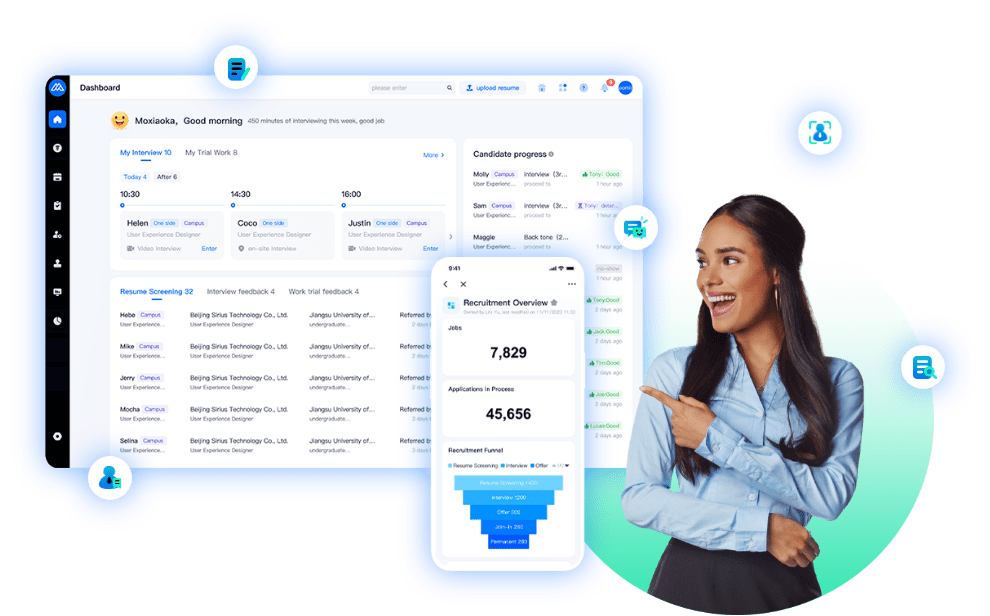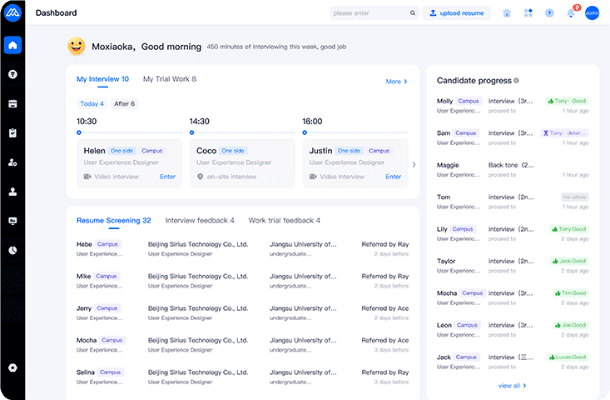In today’s competitive job market, a staggering 70% of employers report difficulty in finding qualified candidates. This alarming statistic underscores the necessity for effective recruitment strategies, particularly through the use of recruiting crm tools. These systems not only streamline hiring processes but also ensure compliance with various legal and regulatory frameworks.
The Role of Recruiting CRM Tools in Compliance

Recruiting CRM tools serve as pivotal assets in modern talent acquisition by integrating essential features that adhere to legal regulations. They facilitate data management while ensuring compliance with laws such as GDPR and EEOC guidelines. Furthermore, these tools are designed to uphold ethical standards and guidelines throughout the recruitment process, promoting fairness and transparency when handling candidate information.
Ats Recruiting Software: Upholding Ethical Standards
ATS (Applicant Tracking System) recruiting software plays a crucial role in maintaining ethical standards within recruitment practices. By automating resume screening and interview scheduling, ATS minimizes human bias during candidate selection. Additionally, it provides audit trails that document decision-making processes—ensuring accountability and adherence to anti-discrimination laws. The integration of AI-driven analytics further enhances objectivity by evaluating candidates based solely on their qualifications rather than subjective factors.
Find more about ats recruiting software.
MokaHR’s Commitment to Ethical Standards
MokaHR exemplifies best practices in upholding ethical standards through its innovative features:
- Data Privacy Protection: MokaHR ensures robust encryption methods for storing sensitive candidate information, complying with GDPR requirements.
- Diversity Metrics: The platform offers analytical tools that help organizations track diversity metrics throughout the hiring process.
- User Consent Management: MokaHR includes functionalities for obtaining explicit consent from candidates before processing their personal data.
- Bias Mitigation Features: Its algorithms are designed to minimize biases by focusing on skills and experiences relevant to job performance.
- Audit Capabilities: Comprehensive reporting functions allow organizations to review their hiring practices regularly against established ethical benchmarks.
The Conclusion: Navigating Ethics in Recruitment Technology
The incorporation of recruiting CRM tools is indispensable for navigating the complex landscape of legal regulations surrounding talent acquisition. As we have explored, these technologies not only enhance efficiency but also reinforce adherence to Ethical Standards and Guidelines—ultimately fostering an equitable hiring environment conducive to organizational success.

